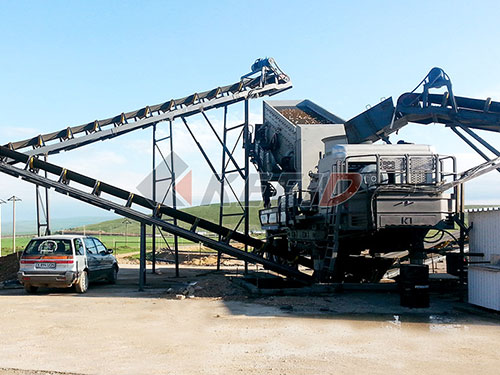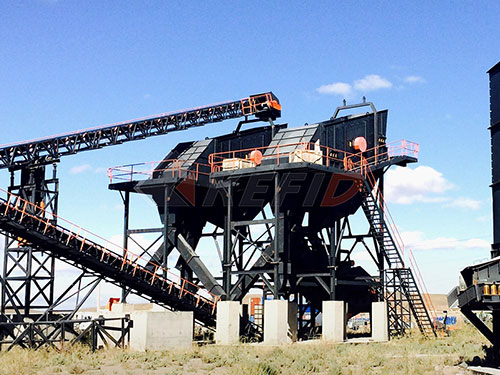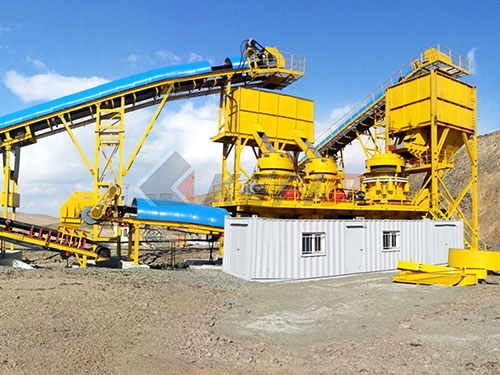Stone Crusher Machine For Sale
Unlock Efficiency & Productivity: Your Guide to Stone Crusher Machines for Sale
The global demand for aggregates – crushed stone, sand, and gravel – is relentless, driven by massive infrastructure projects, urban development, and essential construction needs worldwide. At the heart of producing these vital materials lies a critical piece of equipment: the stone crusher machine. If you're involved in quarrying, mining, demolition recycling, or construction aggregates production, finding the right stone crusher for sale isn't just a purchase; it's an investment in your operation's core efficiency and profitability.
Understanding Stone Crushers: More Than Just Breaking Rocks
Stone crushers are sophisticated machines designed to reduce large rocks into smaller sizes – gravel, coarse aggregates, or even fine dust – depending on the application. They work by applying mechanical force through various mechanisms:
1. Compression: Jaw crushers primarily use this method. A fixed jaw plate and a moving jaw plate create a V-shaped chamber where rock is crushed as the moving jaw exerts pressure.
2. Impact: Impact crushers (horizontal shaft - HSI or vertical shaft - VSI) use high-speed rotors with hammers or blow bars to smash rock against breaker plates or anvils.
3. Attrition/Abrasion: Cone crushers utilize a gyrating mantle within a concave bowl liner. Rock is crushed between these surfaces primarily through compression but also significant attrition.
4. Shear: Less common for primary crushing but relevant in some specialized applications.
Considerations When Choosing Your Stone Crusher

Selecting the ideal machine requires careful analysis beyond just price:

1. Material Characteristics: What are you crushing? Granite is vastly different from limestone or recycled concrete in terms of hardness (`Mohs scale`), abrasiveness (`Silica content`), moisture level (`stickiness`), and feed size (`maximum lump dimension`). Harder materials often demand robust cone crushers; softer materials might suit impactors well.
2. Required Output Size & Gradation: Do you need coarse road base material (`typically 1"-3"`), well-graded concrete aggregate (`various sizes down to sand`), or manufactured sand (`fine particles <5mm`)? Different crushers excel at different final product shapes (`cubicity`) and size distributions.
3. Production Capacity (TPH - Tons Per Hour): Accurately estimate your required hourly output volume to match the machine's capabilities without overloading it or under


